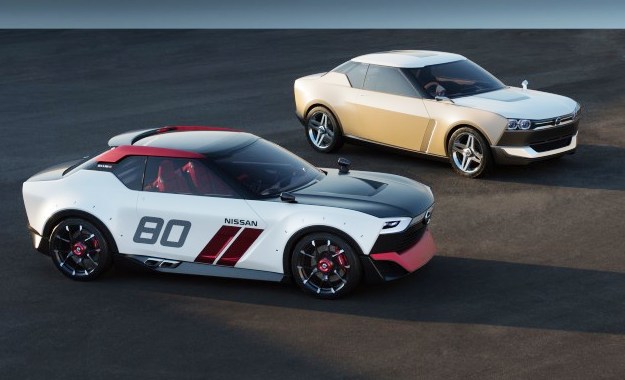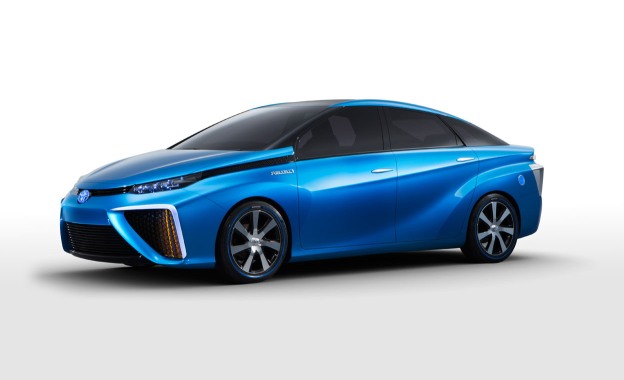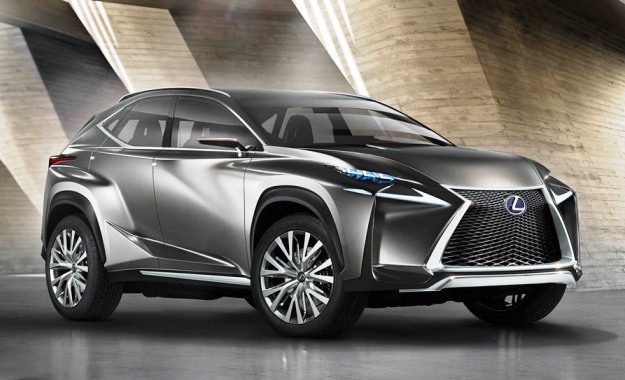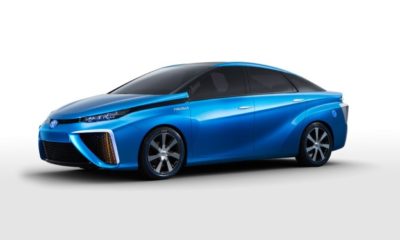Turns out there are fewer and fewer young Japanese men and women interested in driving cars. This is a major theme at the current Tokyo Motor Show and it comes from the fact that Japanese youngsters are not very interested in getting their driving licences. The reasons appear to be two-fold.
One, the cities are congested with traffic and public transport systems are excellent. Why then bother buying a car? And two, Japanese cars are simply not all that exciting. This was something publicly acknowledged at the current Tokyo Motor Show by the heads of the county’s biggest automobile manufacturers, Toyota’s Akio Toyoda, Nissan’s influential Carlos Ghosn and Mazda’s Masamichi Kogai.
This obviously does not bode well if your company makes and sells cars, which is why they’re taking it very seriously.
“Desire for cars – design and functionality – must be the reasons that they want cars. They might have lost the desire, but they can find it again,” said Kogai. Which was something echoed by Toyoda: “We cannot lose sight of excitement of driving.”
Standing in front of two very tasty concept cars, Ghosn emphasised how Nissan is actively seeking to win over the Digital Native generation (born after 1990) with both radical design architecture – the Deltawing-derived Bladeglider – and the retro, boxy IDx Freeflow twins.
Design, as the Koreans have shown, is perhaps the single most important factor in gaining new-car buyers. Yes, the tech – particularly fuel efficiency and the move towards autonomous driving – is crucial, but above all, a car should look and feel cool.
Lexus is actively pursuing this design conscious market, not only with edgy cars – like the LF-NX compact SUV concept – but also with its Intersect boutique retail spaces that sell coffee, pasties and some beautifully crafted items ranging from hats to leather shoes and sunglasses.
Toyota’s approach is to highlight its research into fuel-cell vehicles with the FCV Concept. It’s striking design highlights and equally innovative hydrogen/electric hybrid drivetrain that Mr Toyoda reckons is Toyota’s greatest innovation since the first generation Prius.
Challenging times then for the Japanese giants. But looking at the way they are responding, it looks like there will an increase in design- and tech-driven Japanese cars. And that can only be a good thing.







